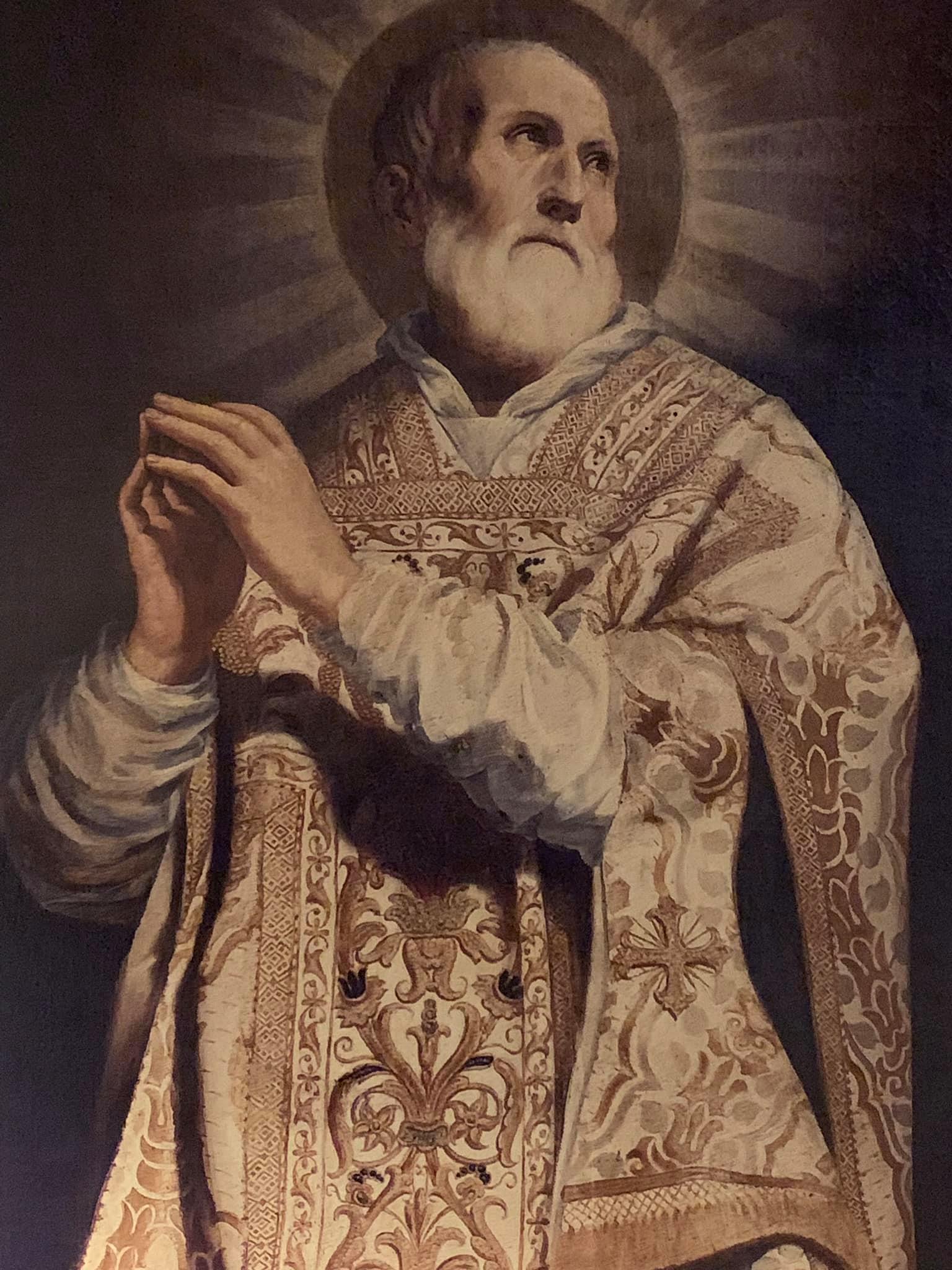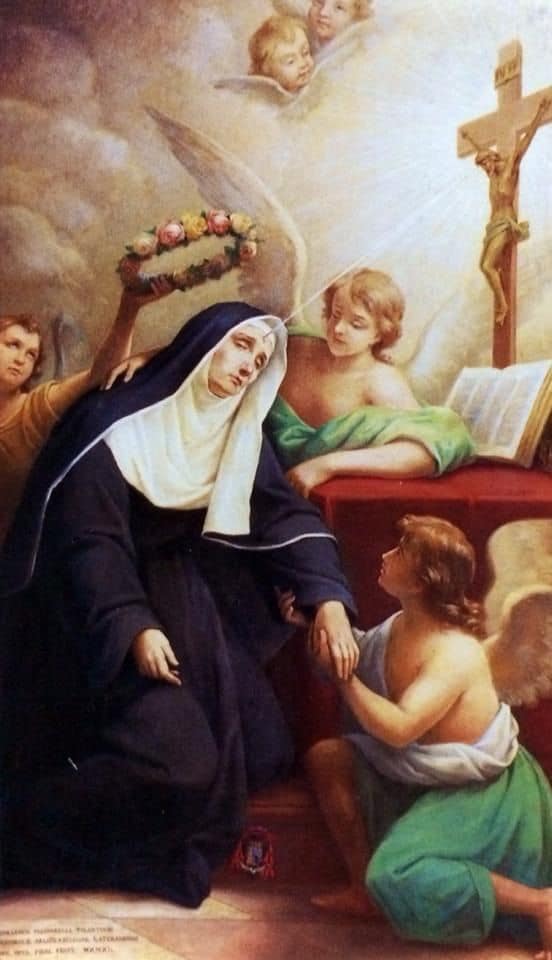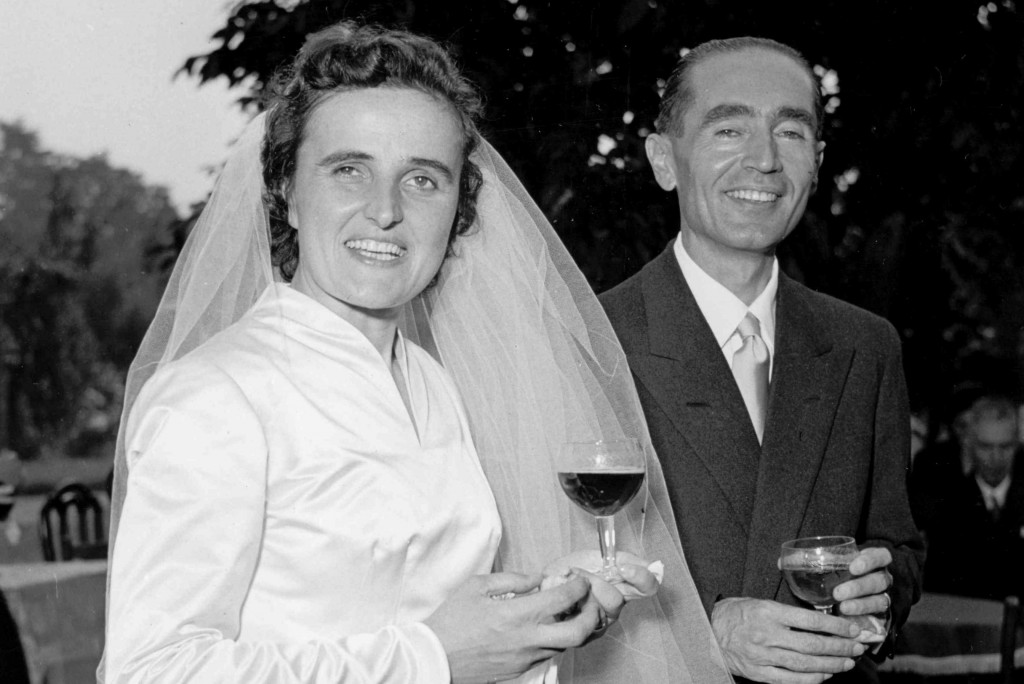 It seems that many of the clergy and laity neglect beseeching God for blessings upon agriculture. I suppose they neither see the necessity nor value in doing such. Imagine no longer giving thanks for a gift and asking for guidance! An acquaintance in New York told me the priest in her village basically refused to come to the farm to bless her cows and lands. I am happy to say that the Dominican Friars are very willing to impart the requested blessings upon cows, swine, laying hens, honey bees, the pastures, forest and gardens. We did this pious act this morning with Father Joachim, OP.
It seems that many of the clergy and laity neglect beseeching God for blessings upon agriculture. I suppose they neither see the necessity nor value in doing such. Imagine no longer giving thanks for a gift and asking for guidance! An acquaintance in New York told me the priest in her village basically refused to come to the farm to bless her cows and lands. I am happy to say that the Dominican Friars are very willing to impart the requested blessings upon cows, swine, laying hens, honey bees, the pastures, forest and gardens. We did this pious act this morning with Father Joachim, OP.
The prayers are striking for their supplication and reverence for God the Father as creator and sustainer of creation. The prayers are beautiful for the Old Testament typology and New Testament salvation in Jesus Christ. The Paschal Mystery, hence, is clearly central as is the well-being of humanity.
Why bless agriculture? In part, the blessings give perspective: God is the one who fashions all things and it is God who gives. He is the author of all nature. Moreover, it is a recognition that we live and find our true happiness in the given-ness of the world’s sacramentality. We don’t give ourselves anything. The prayers and act of praying reminds us that we are dependent on Another, that is, we are dependent on the Blessed Trinity who gives life. Theologically, without a recognition of God holding all creation in the palm of His hands we focus on ourselves and not on Him and others we are impoverished at rather deep level.
 For me, the blessing of agriculture is critical these days because we our thinking and working in area of having good food for health and happiness, food security, and respect, love and beauty for the land. Blessing agriculture is educative; blessing of agriculture helps me to reflective on the place true Catholic faith and ecology intersect and interpenetrate (here I am thinking of what the Western and Eastern churches teach).
For me, the blessing of agriculture is critical these days because we our thinking and working in area of having good food for health and happiness, food security, and respect, love and beauty for the land. Blessing agriculture is educative; blessing of agriculture helps me to reflective on the place true Catholic faith and ecology intersect and interpenetrate (here I am thinking of what the Western and Eastern churches teach).
Let us pray through the intercession of Our Lady, the saints and angels, for God’s continued blessings upon us, “from whom every good has its beginning and from whom it receives its increase.”
 May 26th is the liturgical memorial of St Philip Neri. A pivotal figure in the Church. As one person wrote so eloquently, “Those qualities which distinguish the Oratorian charism—domesticity, localism, intellectual rigor, humility, collegiality, aesthetics, urbanity, prudence, and love of the world—can only be integrated and understood in the light of the sanctuary lamp.”
May 26th is the liturgical memorial of St Philip Neri. A pivotal figure in the Church. As one person wrote so eloquently, “Those qualities which distinguish the Oratorian charism—domesticity, localism, intellectual rigor, humility, collegiality, aesthetics, urbanity, prudence, and love of the world—can only be integrated and understood in the light of the sanctuary lamp.”




